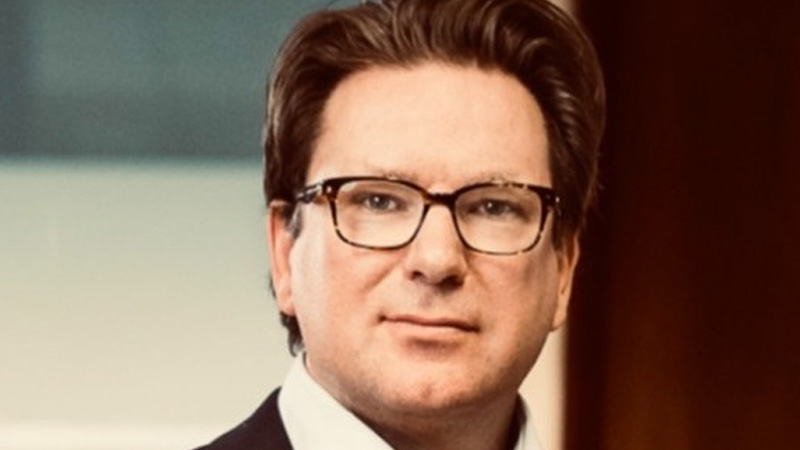Capital preservation front of mind for SMSF returns
SMSF investors will increasingly be attracted to investments offering capital preservation post-COVID, with volatile markets and lower dividends compromising their ability to meet investment objectives, according to an asset manager.
Cor Capital managing director David Hood said SMSF investors will be placing a premium on preserving their capital in the next few years, with many investors no longer enjoying the tailwinds of strong equity markets that they did in the last decade.
Mr Hood said the investment environment, both domestically and globally, is high risk, whether it’s assessed from a geopolitical, economic or health viewpoint.
“Although that’s the investment reality, it’s not reflected in the pricing of risk assets. But that day of reckoning must come – the markets can’t continue to defy economic reality forever,” he warned.
“SMSFs will not be immune to any market correction of risk assets. In fact, many will be particularly vulnerable for several reasons.”
The difficulty in obtaining advice, for example, due to its rising cost and the exodus of advisers from the industry and misplaced confidence in investment decisions are two of the factors placing SMSF returns at risk, he said.
“Further, in the past decade, and despite historically low interest rates in recent years, these SMSFs have been protected by their investment in fully franked ASX that have provided capital growth and healthy dividend income,” he explained.
“It’s our contention that investors should not expect a similar performance from equity markets in the coming decade, and that dividend income is also likely to be constrained, at least for the next few years.”
Mr Hood said the combination of weaker, and, just as importantly, more volatile markets for risk assets, and lower dividend returns, will be compounded by investors often failing to be able to articulate long-term investment strategies and stick to them.
With SMSFs looking for alternative ways of generating growth and income while preserving capital, there will be a growing appreciation of the need to find fund managers that can achieve these objectives without the need for high level of complexity or costs, he said.
“After the GFC, SMSFs increasingly shied away from fund managers that had failed to deliver during that crash and charged high fees for the privilege of doing so, with the bull market in equities in the past decade rewarding that strategy,” he stated.
“But in the wake of the COVID-induced recession, they may no longer have that luxury if analysts are correct in predicting much lower returns in the next decade, opening the door for fund managers with investment strategies that aim to protect their capital, maintain purchasing power and provide alternative sources of return not tied to high allocations to equities.”

Miranda Brownlee
Miranda Brownlee is the deputy editor of SMSF Adviser, which is the leading source of news, strategy and educational content for professionals working in the SMSF sector.
Since joining the team in 2014, Miranda has been responsible for breaking some of the biggest superannuation stories in Australia, and has reported extensively on technical strategy and legislative updates.
Miranda also has broad business and financial services reporting experience, having written for titles including Investor Daily, ifa and Accountants Daily.








